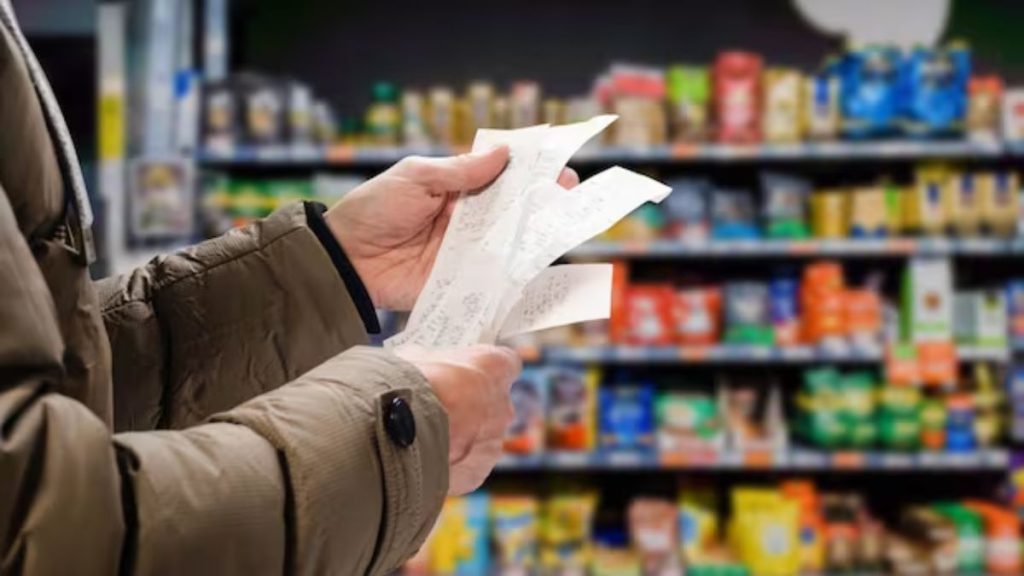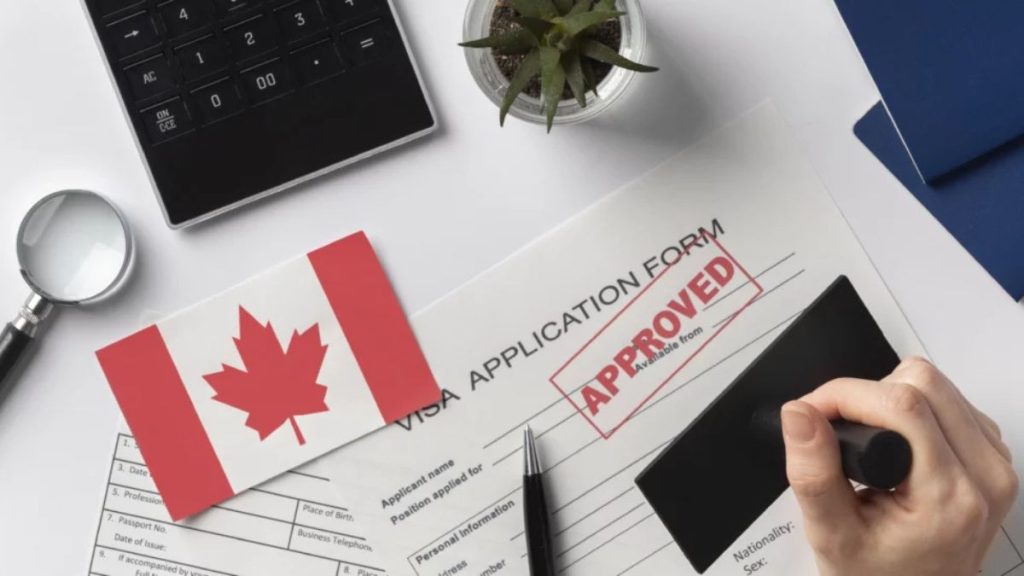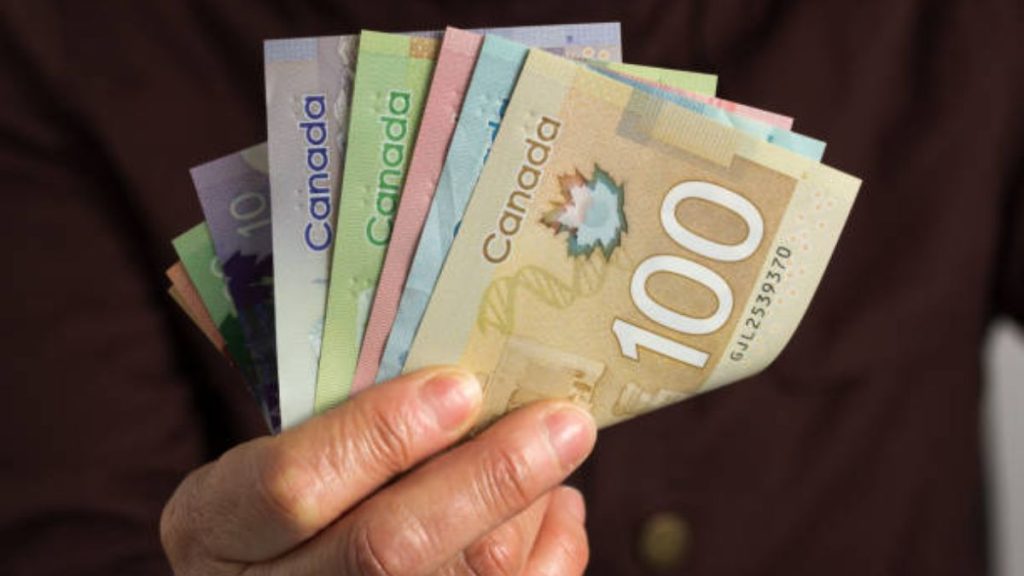With household budgets stretched by inflation, fuel costs, and rising grocery bills, the federal government has reaffirmed its commitment to helping Canadians through the Canada Carbon Rebate (CAI), formerly known as the Climate Action Incentive. In 2025, eligible families across provinces under the federal carbon pricing system could receive up to \$500 every quarter, depending on family size and residence.
This rebate is more than a financial lifeline—it is also part of Canada’s climate strategy. By collecting revenue from carbon pricing and returning it directly to households, the government is balancing financial relief with environmental responsibility
What Is the Canada CAI Payment?

The Canada Carbon Rebate was introduced as part of the federal carbon pricing framework. The idea is simple: carbon fees are charged to encourage businesses and households to adopt greener practices, and the money collected is redistributed directly to Canadians through quarterly payments.
- Most families receive more than they pay in carbon costs, making the system not just revenue-neutral but financially beneficial.
- The Canada Revenue Agency (CRA) administers payments automatically based on tax filings, so households don’t need to reapply.
- Payments are non-taxable, meaning they are not included as income for tax purposes.
This structure ensures that Canadians are compensated for the higher costs of fuel, utilities, and goods affected by carbon pricing.
Key Highlights of CAI Payments in 2025
- Quarterly payments continue in January, April, July, and October.
- Families in qualifying provinces can receive up to \$500 depending on household size.
- Rural residents receive an additional supplement recognizing higher energy needs.
- Payments are automatic once an annual tax return is filed.
- Administered by the CRA, with direct deposit as the fastest payment method.
Who Qualifies for the CAI Payment in 2025?
Eligibility for the CAI is straightforward but requires compliance with certain conditions:
Age and Residency
- Must be at least 19 years old.
- If under 19, applicants may qualify if they are married, in a common-law relationship, or parents living with their child.
- Must be a Canadian resident for tax purposes.
Tax Filing Requirement
- Canadians must file a 2024 income tax return to qualify for 2025 payments, even with zero income.
- Tax returns provide CRA with up-to-date information on marital status and dependents, which determine rebate amounts.
Provincial Coverage
The CAI applies in provinces under the federal carbon pricing system:
- Alberta
- Manitoba
- Ontario
- Saskatchewan
Other provinces, like British Columbia and Quebec, operate their own carbon rebate programs, so residents there are not covered by the federal CAI.
How Much Will Canadians Receive in 2025?
The exact amount of CAI depends on province of residence and household composition.
- Single adult – Base rebate amount.
- Married or common-law couple – Receives an additional share.
- Each child under 19 – Eligible for a child portion of the payment.
- Rural residents – Receive an extra supplement recognizing higher fuel and energy costs.
For example, in Ontario, a family of four could receive close to \$500 per quarter, while amounts may vary in Alberta, Manitoba, and Saskatchewan
CAI Payment Dates in 2025
Payments are scheduled every three months in 2025:
- January 2025
- April 2025
- July 2025
- October 2025
Those signed up for direct deposit will see payments on the official date, while mailed cheques may take longer depending on postal delivery
How to Claim the CAI Payment
Unlike other benefits, the CAI requires no separate application. The steps are simple:
- File your 2024 income tax return on time.
- Ensure your marital status and dependents are updated with CRA.
- Register for CRA direct deposit to avoid cheque delays.
- CRA will automatically calculate your entitlement and issue payments.
Why the CAI Payment Matters in 2025
The CAI serves two important purposes:
- Financial relief – Offsets rising costs of groceries, fuel, and utilities. For many low- and middle-income households, quarterly cheques provide critical breathing space.
- Climate accountability – Reinforces Canada’s carbon pricing model by ensuring households are not unfairly burdened while still incentivizing environmentally friendly choices.
At a time when affordability remains a national concern, the CAI is a rare policy that delivers direct cash support without adding to taxable income.
Common Issues and Delays
While most payments are seamless, some Canadians face delays due to:
- Failure to file taxes – Without a return, no payment is issued.
- Incorrect marital or household details – Reduces or delays entitlement.
- Outdated banking information – Can result in mailed cheques or misdirected funds.
- Inter-provincial moves – Rebate amounts vary by province; CRA must be updated with your current address.
Canadians are urged to regularly update personal information with CRA to avoid interruptions.
Key Takeaways
- The Canada CAI payment 2025 continues quarterly, with households receiving up to \$500 depending on size and location.
- Eligibility is tied to age, residency, and filing of the 2024 tax return.
- Payments are issued in January, April, July, and October 2025.
- Direct deposit remains the fastest and safest method of receiving funds.
- The rebate both eases cost-of-living pressures and supports Canada’s climate goals.
5 Relevant FAQs
Q1: How much will families receive from the CAI in 2025?
Up to \$500 per quarter, depending on household size, province, and rural eligibility.
Q2: Do I need to apply for the CAI payment?
No. Payments are automatic if you file your 2024 tax return and meet eligibility requirements.
Q3: Which provinces are covered under the federal CAI program?
Alberta, Manitoba, Ontario, and Saskatchewan. Other provinces run their own rebate systems.
Q4: When are the CAI payments in 2025?
The CRA will issue payments in January, April, July, and October 2025.
Q5: What happens if my banking details or marital status change?
You must update these with CRA. Incorrect details may delay or reduce your entitlement.













